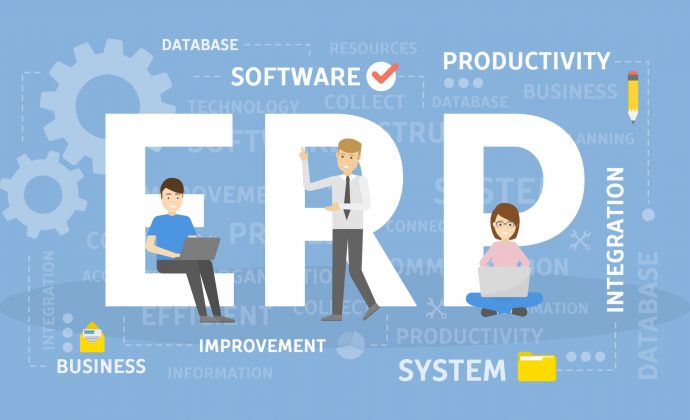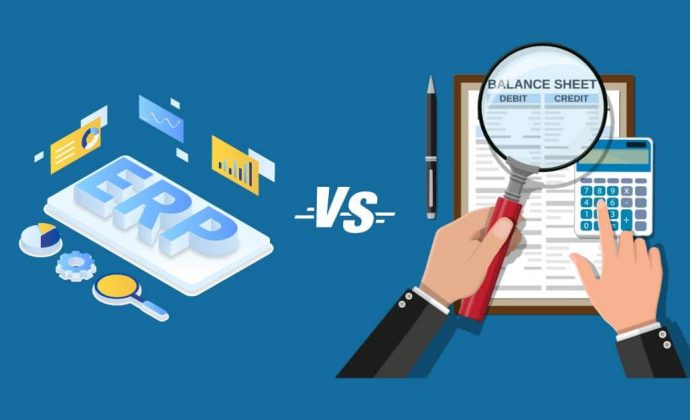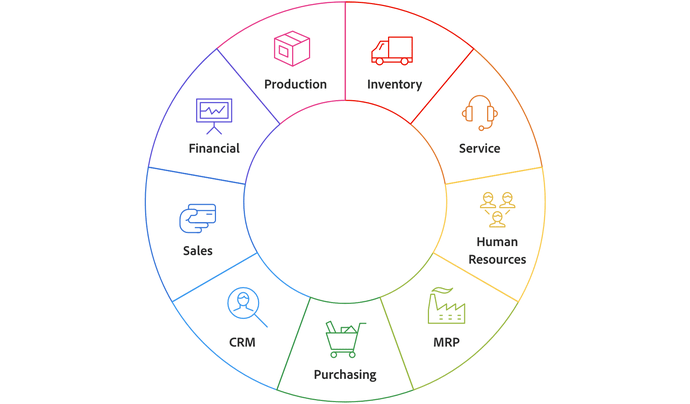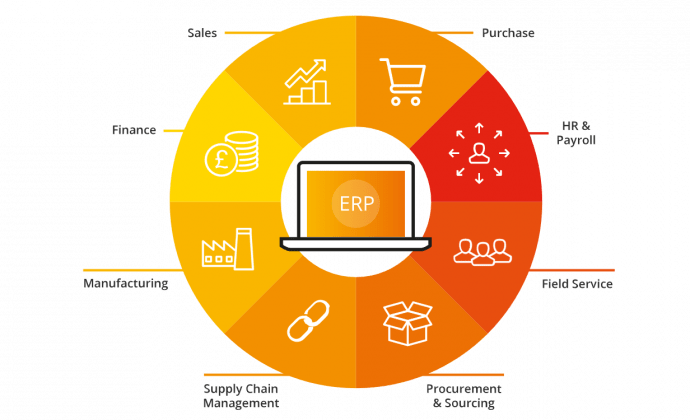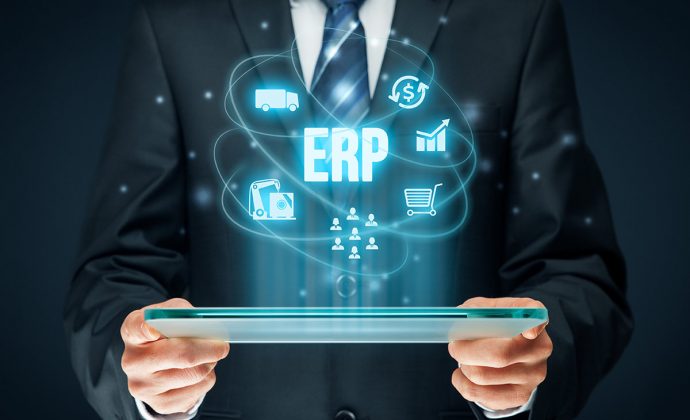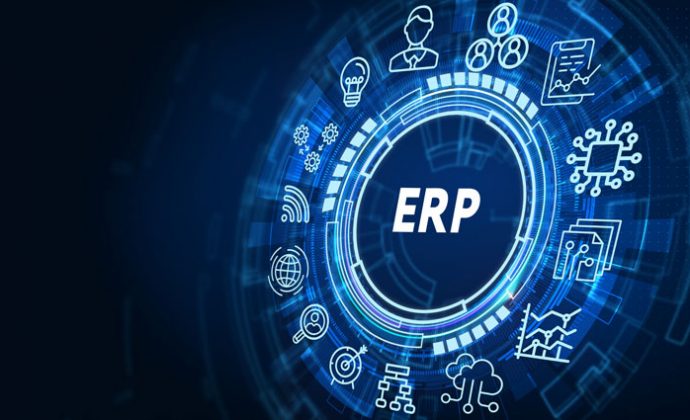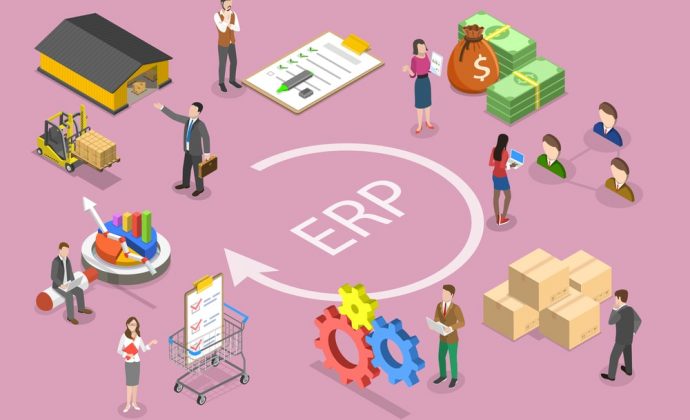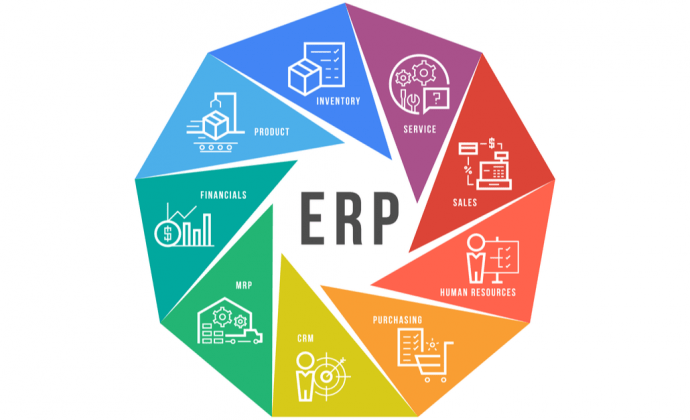When the worldwide epidemic reached its peak in 2020, the job sector was one of those most severely affected. Financial limitations imposed on the COVID-19 lockdowns and quarantine procedures forced employers all around the world to make difficult choices. Some workers were let go, while others had to get used to working remotely. ERP integration gives your staff the resources they need to work more quickly and accurately, reducing stress and allowing them to focus on more crucial activities. An effective ERP aids in the automation of formerly manual operations and the integration of company management systems. Of course, automating back-office tasks is the main benefit of an ERP. ERP software integrates all of your company’s daily operations; from accounting to project management, resource allocation, and procurement under a single, secure, and easily accessible roof. It gives workers a single source of truth, enabling them to make data-backed choices in real time from your office, facilities, or even remotely. Excellent quality of work Employees who feel empowered have access to the resources they need to perform their main responsibilities, innovate, and look for chances for ongoing improvement. So, it should come as no surprise that companies with highly engaged and driven team members are more successful than their rivals. Improves Your Sleep You may sleep peacefully knowing that your job is being done without you needing to supervise anyone or do anything. Even though it can seem unimportant, getting a good night’s sleep is crucial for running a business. ERP integration gives your staff the resources they need to work more quickly and accurately, reducing stress and allowing them to focus on more important functions. Spend time with your loved ones An ERP also allows you the luxury of time that you may utilize to spend with your family. You may also lessen your stress levels indirectly with RP. Any jobs that can be automated are done so by a smart enterprise resource planning system. Moreover, it guarantees that very little monitoring is required when duties are delegated to staff and employees. An ERP will allow you more time to interact with coworkers, whether you are a business owner or someone with a lot on your plate at work. Flexible ERP powered by the cloud It goes without saying that skilled workers look for jobs that support a positive work-life balance. As a result, there have been substantial changes at work during the past few years, and flexible work schedules are now the standard. Employees may work anywhere, at any time, thanks to ERPs’ secure remote access capabilities. Taking a stand for the team High-performing workplaces value collaboration, but without the right technology to make it simple for them to do so, teams have fewer opportunities to exchange ideas and work toward a common goal. With the help of automated procedures, an ERP system may consolidate, make your data accessible, and ensure that it’s constantly up to date. It cuts down on time spent on repetitive activities. Productivity suffers when employees spend the majority of their workdays manually entering data into Excel sheets or performing other tedious, error-prone manual tasks. With an ERP, the system automates routine, sometimes boring processes. They can believe they are wasting their time and effort in that situation. ERP may automate time-consuming procedures, giving your staff more time to concentrate on projects with greater strategic alignment or that help them reach their full potential. The groundwork begins within your organization As ERP systems are long-term, you should start by keeping your organization’s future in mind. Think about your biggest professional obstacles. You must specify your functional software needs, budget and resources, and the system deployment procedure with the aid of an ERP expert. Nonetheless, implementing an ERP is a difficult and complicated procedure. Determining which processes need to be integrated is the most frequent problem. Also, it’s crucial to give your staff the equipment and resources they require in order to do their duties effectively. ERP integration increases productivity by automating repetitive procedures and reducing the likelihood that incorrect data would have a negative impact on the company’s operations and demand a worker’s attention. The workload of your staff is significantly reduced when you provide them the tools they need to do their duties with the utmost efficiency, such as by purchasing and implementing an ERP system from SMB solutions.
How ERP system can be ease Employee life
